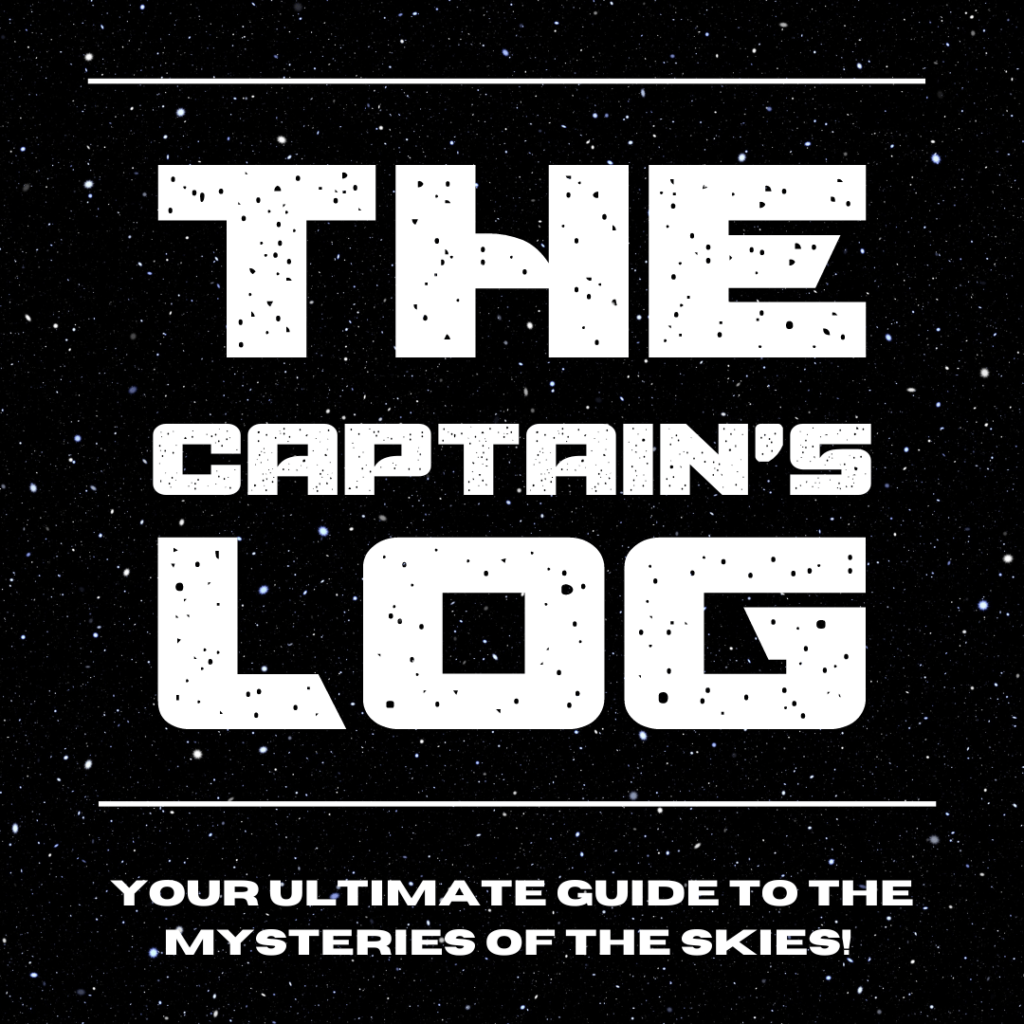Captain Ron is joined by Matthew James Bailey, author of “The Ethics of Artificial Intelligence.” They explore how AI enhances UFO detection and aids the search for extraterrestrial life. Matthew discusses AI-driven space exploration and the possibility of AI-controlled UFOs. This episode examines the ethical challenges of using advanced AI in ufology, balancing technological advancements with responsible extraterrestrial research practices.
In the vast and seemingly infinite expanse of the universe, the fascinating fields of artificial intelligence (AI) and the ongoing search for extraterrestrial life are increasingly finding themselves intertwined in complex ways. This remarkable convergence is fundamentally reshaping our approach to space exploration and is also challenging and expanding our understanding of consciousness and our unique place within the grand tapestry of the cosmos. Given the rapidly changing landscape of technology, we are forced to reconsider not only the potential existence of life beyond our planet but also the implications of creating intelligent machines that may one day rival human cognition.
AI: The New Frontier in UFO and Extraterrestrial Research
As we examine the depths of space, AI is becoming a powerful tool in our quest to find signs of life beyond Earth. Matthew James Bailey, an expert in ethical artificial intelligence, suggests that AI could be the ideal cosmic explorer:
“If there were another advanced civilization out there in the universe, it would only make sense that they would send advanced artificial intelligence into the cosmos instead of sending biological beings.”
This perspective opens up new possibilities for space exploration and potential first contact scenarios.
Advantages of AI in Space Exploration
- Resistance to Extreme Conditions: AI systems can withstand harsh space environments that would be fatal to biological entities.
- Non-Stop Operation: Bailey points out, “AI doesn’t have to sleep, eat, doesn’t get sick, doesn’t die. Instead, it just works 24/7 and it sends back data continuously and it’s constantly learning.”
- Rapid Data Analysis: AI’s ability to process vast amounts of information in real-time makes it well-suited for analyzing complex astronomical phenomena.
- Autonomous Decision-Making: Advanced AI systems could adapt to unforeseen circumstances and make decisions independently, crucial for exploration in unknown environments.
Current Applications of AI in Space Exploration
NASA and other space agencies are already using AI in various aspects of space exploration:
- James Webb Space Telescope: AI algorithms analyze the enormous amount of data collected by the James Webb telescope. Bailey explains:
“AI is using pattern recognition to look for exoplanets, to detect different types of galaxies. So for example, we’ve detected those huge galaxies 300 million years after the start of the universe, which technically shouldn’t be there.” - Mars Exploration: The Mars Rover uses AI to analyze chemical compounds in Martian soil and autonomously navigate the planet’s surface.
- SETI (Search for Extraterrestrial Intelligence): AI plays an increasingly important role in SETI programs. As Bailey notes:
“The SETI program itself is using artificial intelligence, or that vast amount of data we’re getting from telescopes on Earth and in the sky. You know, basically AI is brilliant at number crunching at a ridiculous speed that the human brain is not capable of.”
The Consciousness Question: AI and the Nature of Awareness
While the potential applications of AI in space exploration are promising, they also raise profound questions about the nature of consciousness and its relationship to artificial intelligence.
The Current State of AI Consciousness
Despite rapid advancements, current AI systems are still far from achieving human-like consciousness. Bailey emphasizes:
“AI today can be seen as a super calculator. Okay, so first of all, let’s look at the uniqueness of the beauty of the human design. Right, we’ve got life experience. We’ve experienced love, we’ve experienced success, we’ve experienced failure, we’ve experienced hardship. AI has never had that experience.”
He further elaborates on the limitations of current AI:
“It can’t do goal setting, it can’t do knowledge transfer learning, although it’s starting to. It doesn’t have cognition, it has no inner moral compass, doesn’t have consciousness, it’s not self-aware.”
Quantum Mechanics and Consciousness
The relationship between quantum mechanics and consciousness is an intriguing area of study. Bailey references the work of Sir Roger Penrose, stating:
“Until we understand quantum mechanics, we will never understand consciousness.”
This perspective suggests that consciousness may be rooted in quantum processes occurring within the brain, a concept that has significant implications for our understanding of both human awareness and the potential for artificial consciousness.
The Future of AI and Extraterrestrial Research
As we look ahead, the integration of AI into extraterrestrial research and space exploration presents both exciting possibilities and significant ethical questions.
Potential Advancements
- Improved Signal Detection: More sophisticated AI algorithms could enhance our ability to detect and interpret potential signals from extraterrestrial civilizations.
- AI-Powered Space Probes: Future space missions might involve highly autonomous AI-powered probes capable of making complex decisions and adapting to unexpected situations in deep space.
- Advanced Data Analysis: AI could help us identify patterns in astronomical data that might indicate the presence of extraterrestrial life or technology, even if it manifests in ways we haven’t anticipated.
- Alien Communication Protocols: In the event of first contact, AI might play a crucial role in deciphering alien communication and establishing interaction protocols.
Ethical Considerations
The potential integration of AI into extraterrestrial research also raises important ethical questions. Bailey poses a crucial question:
“Do we want our world full of digital angels or digital demons?”
This question encapsulates the ethical considerations we must address as we advance AI technology, particularly in the context of space exploration and potential first contact scenarios.
Wrap Up: The Intersection of Technology and Consciousness in Space Exploration
The convergence of artificial intelligence and the search for extraterrestrial life is not just about finding life beyond Earth; it’s a process of self-examination, challenging us to reflect on what it means to be human in an increasingly complex and interconnected cosmos.
As we continue to expand the boundaries of both technology and our understanding of the universe, it’s clear that our exploration of the stars will be guided not just by our technology, but by our wisdom, our values, and our collective aspirations as a species reaching out into the unknown.
For those interested in examining these topics further, events like Contact in the Desert, a leading UFO/UAP conference, offer a platform for experts like Matthew James Bailey to share their insights and engage in thought-provoking discussions about the future of AI, consciousness, and our place in the universe.
As we stand at the threshold of potentially groundbreaking discoveries in both AI and space exploration, one thing is certain: the path ahead promises to be as enlightening as it is exciting, challenging us to broaden our understanding of intelligence, consciousness, and the very nature of existence itself.







